DSA Is United in Its Commitment to a Free Palestine
Our strong stance isn’t due to entryism but to years of dedicated organizing by anti-occupation activists—and a robust internal democratic process.
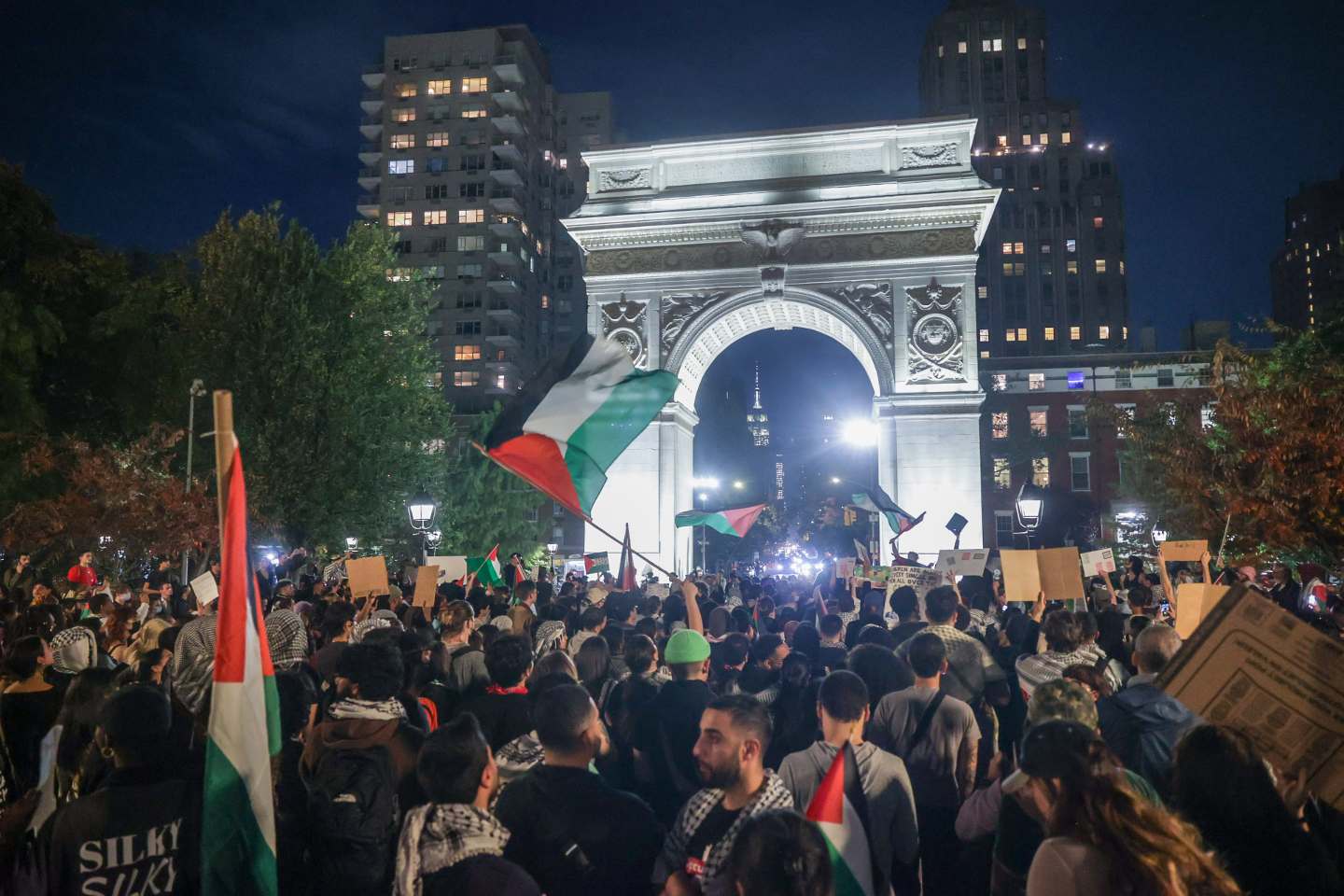
Pro-Palestinian demonstrators in Washington Square Park on October 26, 2023.
(Selcuk Acar / Anadolu via Getty Images)As representatives of the national leadership body of the Democratic Socialists of America (DSA), we believe it’s always unfortunate when members choose to leave the organization. When they tell us why they’re leaving, we seek to give them a respectful hearing and learn any lessons that we can.
This week, longtime DSA member Maurice Isserman used an article in The Nation to explain why he was quitting our organization. We want to thank Isserman for his years of dedication to the organized left, and for his scholarship that has contributed to a better understanding of the history of social movements for liberation. It is regrettable that he felt he had no other choice but to end his association with DSA.
However, while everyone is entitled—even encouraged—to express their views about the decisions we make, we fundamentally disagree with Isserman’s portrayal of DSA, and we want to set the record straight about several of his assertions and analyses.
The central argument of Isserman’s piece is that DSA’s growing consensus on our solidarity with Palestinian liberation is a result of the organization’s being “captured by left sectarian ‘entryists.’” This is not true. DSA’s political commitment against the Israeli occupation is just one small part of a broader generational and cultural shift in the way the public understands the conflict. The moral case for ending Israeli apartheid has never been clearer. Our taking a strong stance isn’t due to organized entryism but the result of years of dedicated organizing by anti-occupation activists across the globe—and a robust internal democratic process within DSA.
On October 7, a coalition of armed Palestinian groups entered Israel, killed more than a thousand people, and took hundreds of hostages. Israel responded by launching an indiscriminate bombing campaign against Gaza. As we write this, Gaza is now under massive bombardment from the Israel Defense Forces (IDF). Over 7,000 Gazans have been killed—nearly 3,000 of them children. Millions are displaced. As anti-war activists call for a cease-fire and de-escalation of violence, the IDF and the United States prepare for a potential ground invasion in which many more will surely be killed.
Isserman accuses DSA’s position on the conflict—demanding a cease-fire and calling attention to the history of occupation and apartheid in Palestine—of being “politically and morally bankrupt.” Let us be clear: we do not seek to justify or excuse the killing of any civilian. As we have said publicly, we abhor the deaths of Israeli and Palestinian civilians alike. Every life is precious.
What we are also determined not to do, though, is abandon our calls for Palestinian liberation, and for an end to Israeli apartheid. There is no contradiction in our eyes between recognizing the tragedy that has befallen too many innocent people in both Israel and Palestine and understanding that the root cause of that tragedy lies in Israel’s occupation and discriminatory policies.
The history of this conflict did not begin on October 7, despite the simplistic narrative being driven by much of the media. Since Palestinians were driven out of their homes en masse in the 1948 “Nakba” (Arabic for “catastrophe”), Israel has increased its control over the territory, including with the occupation of territories captured in the 1967 Six-Day War such as Gaza and the West Bank. This occupation has been a humanitarian crisis for the Palestinian people, with Gaza being turned into an “open-air prison,” and increasing settlement in the West Bank becoming an explicit political priority of the Israeli state in recent years.
DSA’s position in solidarity with the people of Palestine reflects a broader shift in public opinion about the occupation, as conditions across the occupied territories continue to deteriorate and the viability of a “both sides” approach to the conflict becomes less tenable. A March 2023 Gallup poll showed that net sympathy for Palestine (42 percent) had eclipsed support for Israel (40 percent) among US millennials surveyed. And in the wake of the recent conflict, a majority of Americans oppose sending military aid to Israel, according to CBS.
The shift has impacted developments within DSA, as the organization has grown considerably from its pre-2016 size and come to better represent the United States’ multiracial working class. The massive influx of members since 2016 has not been without contention. As DSA has grown we have faced a myriad of challenges and conflict about how best to integrate each new cohort, but with each of these, the organization has also matured.
Through this period, DSA’s work for Palestinian liberation has become a vital part of our international organizing. In response to the events of October 7, the National Political Committee worked around the clock and across political differences to put out an official toolkit for chapters and other DSA bodies to work with. We have organized a campaign, No Money for Massacres, to put pressure on Democrats in Congress to support calls for a cease-fire and to vote no on military aid to Israel. We have mobilized thousands of members to demonstrations that call for an immediate cease-fire, an end to US aid to Israel, and an end to the occupation in Palestine.
Though Isserman argues that DSA’s position on Palestinian liberation originates in “sectarian caucuses…gain[ing] strength in the organization’s ruling body,” the truth is that DSA’s commitment to Palestinian liberation goes far beyond the composition of our leadership. Our political positions stem from robust democratic processes and our position on Palestine is no exception. Hundreds of delegates at the DSA national convention voted in 2017 to endorse the national Boycott, Divestment, and Sanctions movement—which works to end international support for Israel’s oppression of Palestinians and pressure Israel to comply with international law. In 2019, DSA voted to further extend these commitments and establish a BDS Working Group (recently merged by the 2023 convention into DSA’s International Committee), and in 2021 to enshrine commitment to solidarity with Palestinian liberation in our national platform. The repeated reaffirmation of support for Palestine at our national convention is evidence that across political tendencies; at least within DSA, this is a noncontroversial position.
Popular
“swipe left below to view more authors”Swipe →Isserman also bemoans what he sees as the relative anonymity of DSA’s current leadership, mentioning that “in the old days, everyone in DSA knew who Mike Harrington was and who Barbara Ehrenreich was and how they agreed upon or differed on organizational priorities.” Isserman believes that the current crop of DSA’s leaders should be better known by rank-and-file members and the broader public. We believe it is a positive development that DSA’s leadership comes overwhelmingly from regular working-class people who have experience in DSA as effective leaders of local chapters or national campaigns. However, we agree that DSA can do more to make our leadership’s political work known, within the organization and with the broader public.
Contrary to Isserman’s insistence that DSA is headed towards a split in the same vein as SDS, DSA is stronger than ever. Our organization is maturing, members are developing political positions and self-organizing to push for them. We are united in our call for a free Palestine and an end to the US’s role in the occupation, and we are proud of our members’ contributions in other arenas like social movements, a resurgent labor movement, and public office. We will continue to rely on our deep commitment to democracy both internally and in the world to guide our work. We invite anyone who shares our vision for a world where all people have everything they need to live meaningful lives free of violence and oppression to join us in fighting for freedom and dignity for Palestinians, and for working people across the world.
Your support makes stories like this possible
From Minneapolis to Venezuela, from Gaza to Washington, DC, this is a time of staggering chaos, cruelty, and violence.
Unlike other publications that parrot the views of authoritarians, billionaires, and corporations, The Nation publishes stories that hold the powerful to account and center the communities too often denied a voice in the national media—stories like the one you’ve just read.
Each day, our journalism cuts through lies and distortions, contextualizes the developments reshaping politics around the globe, and advances progressive ideas that oxygenate our movements and instigate change in the halls of power.
This independent journalism is only possible with the support of our readers. If you want to see more urgent coverage like this, please donate to The Nation today.
More from The Nation
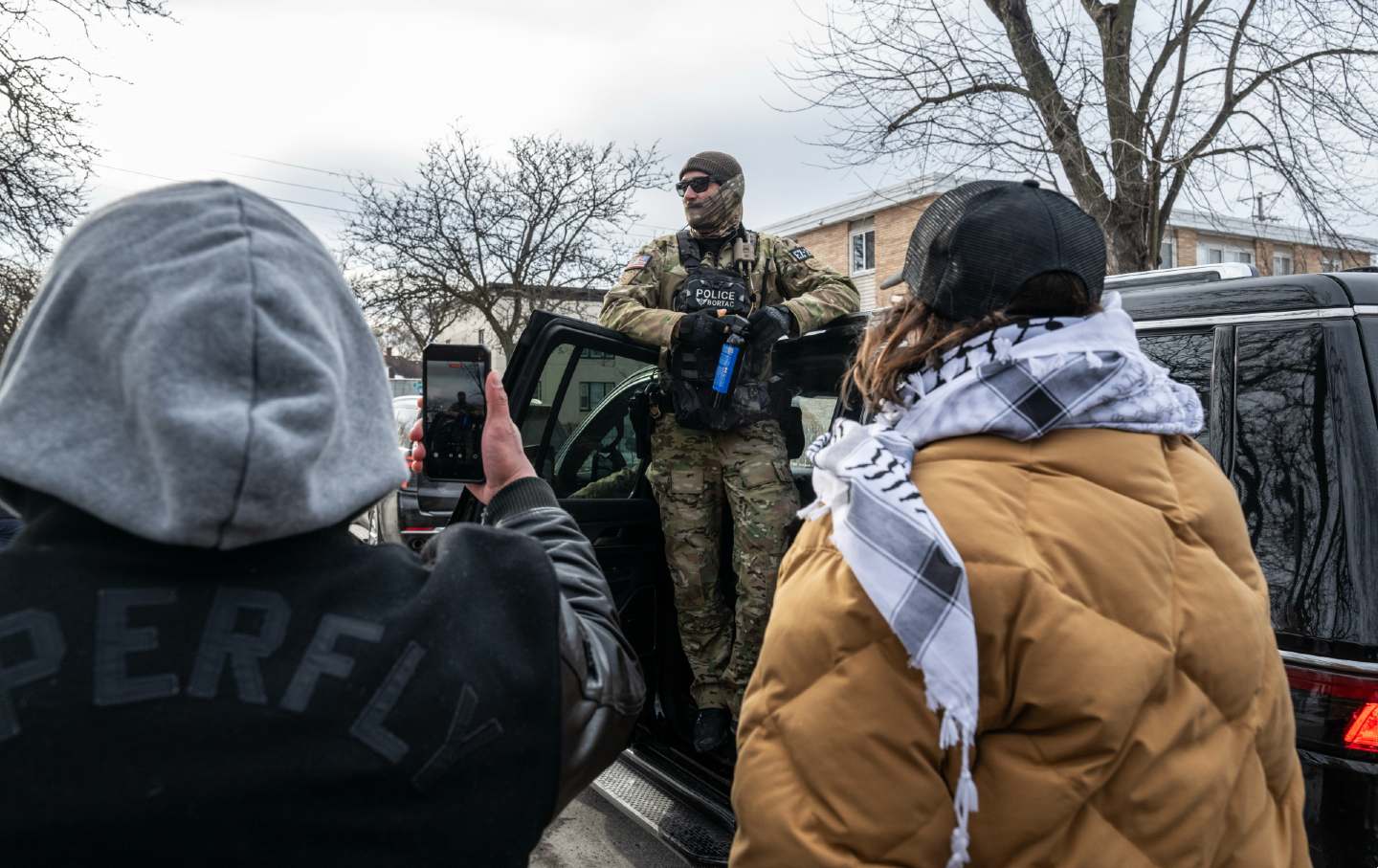
Citizen Journalists Are Minneapolis’s Unsung Heroes Citizen Journalists Are Minneapolis’s Unsung Heroes
Without their videos of ICE shootings, we wouldn’t know what is really happening.
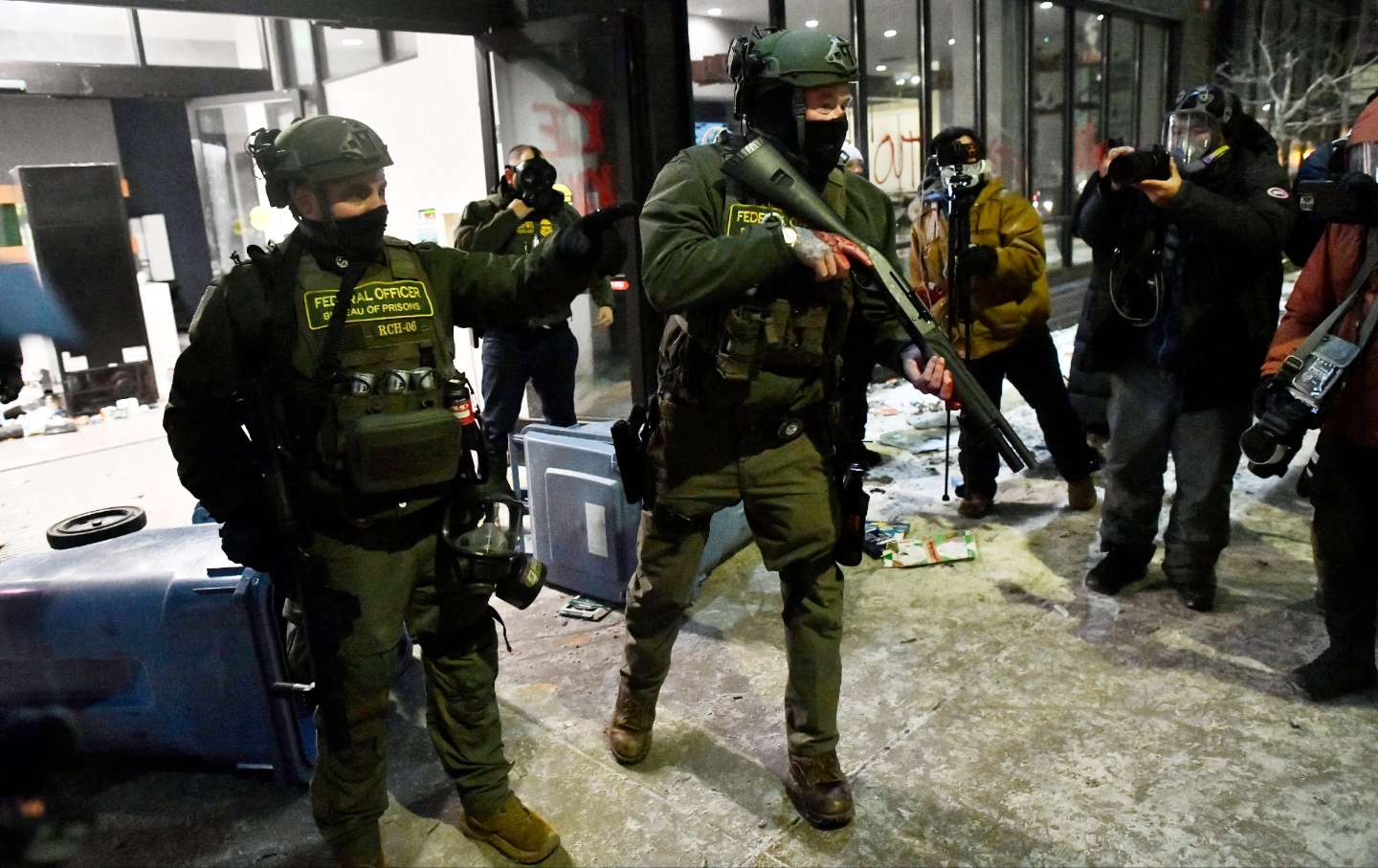
Occupied Minnesota Occupied Minnesota
Minneapolis right now reminds me of what I’ve seen during my time in the West Bank.
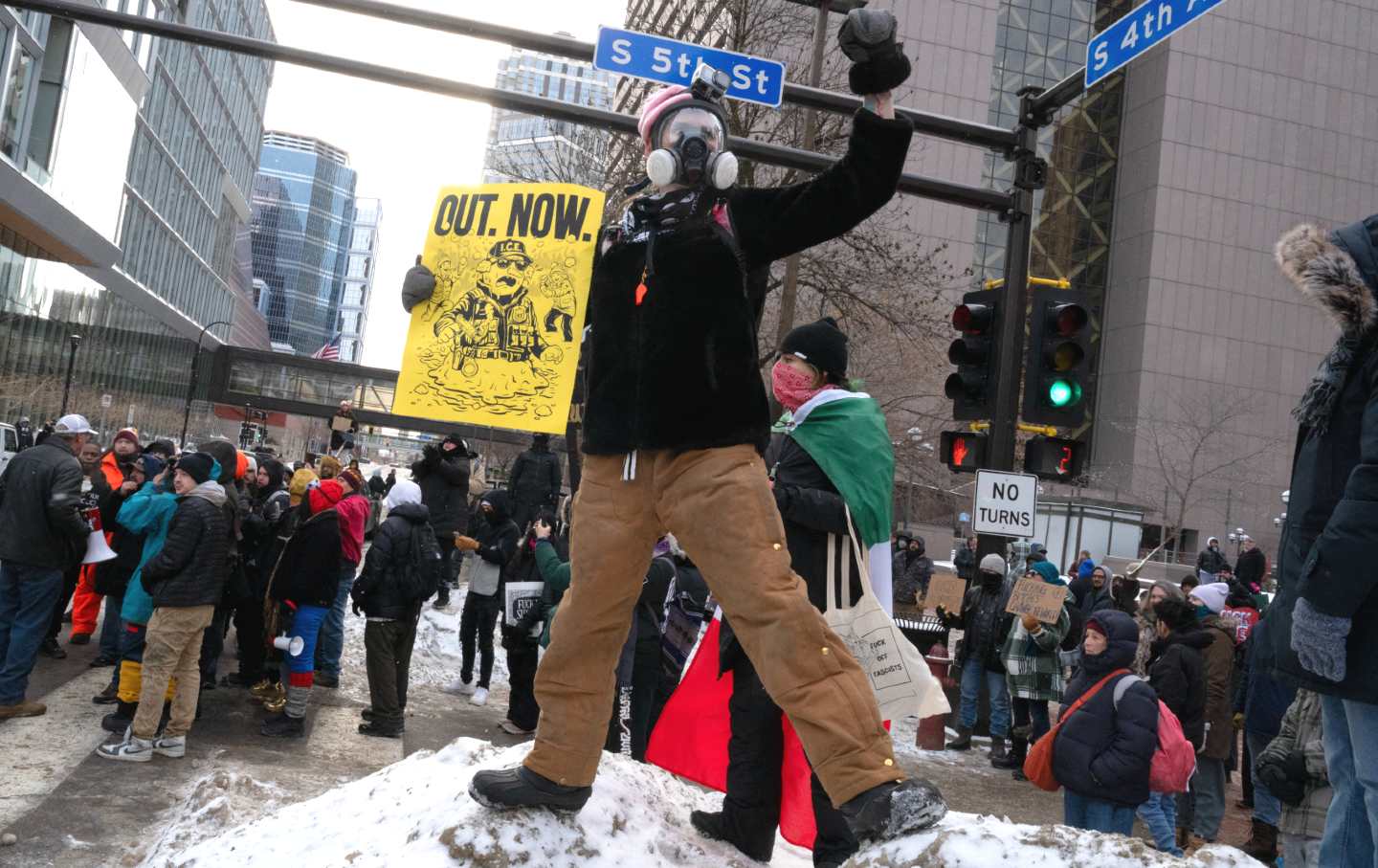
The People Are Winning the Battle Against ICE The People Are Winning the Battle Against ICE
The brave protesters in Minneapolis are doing everything that Democrats and even the law have failed to do.
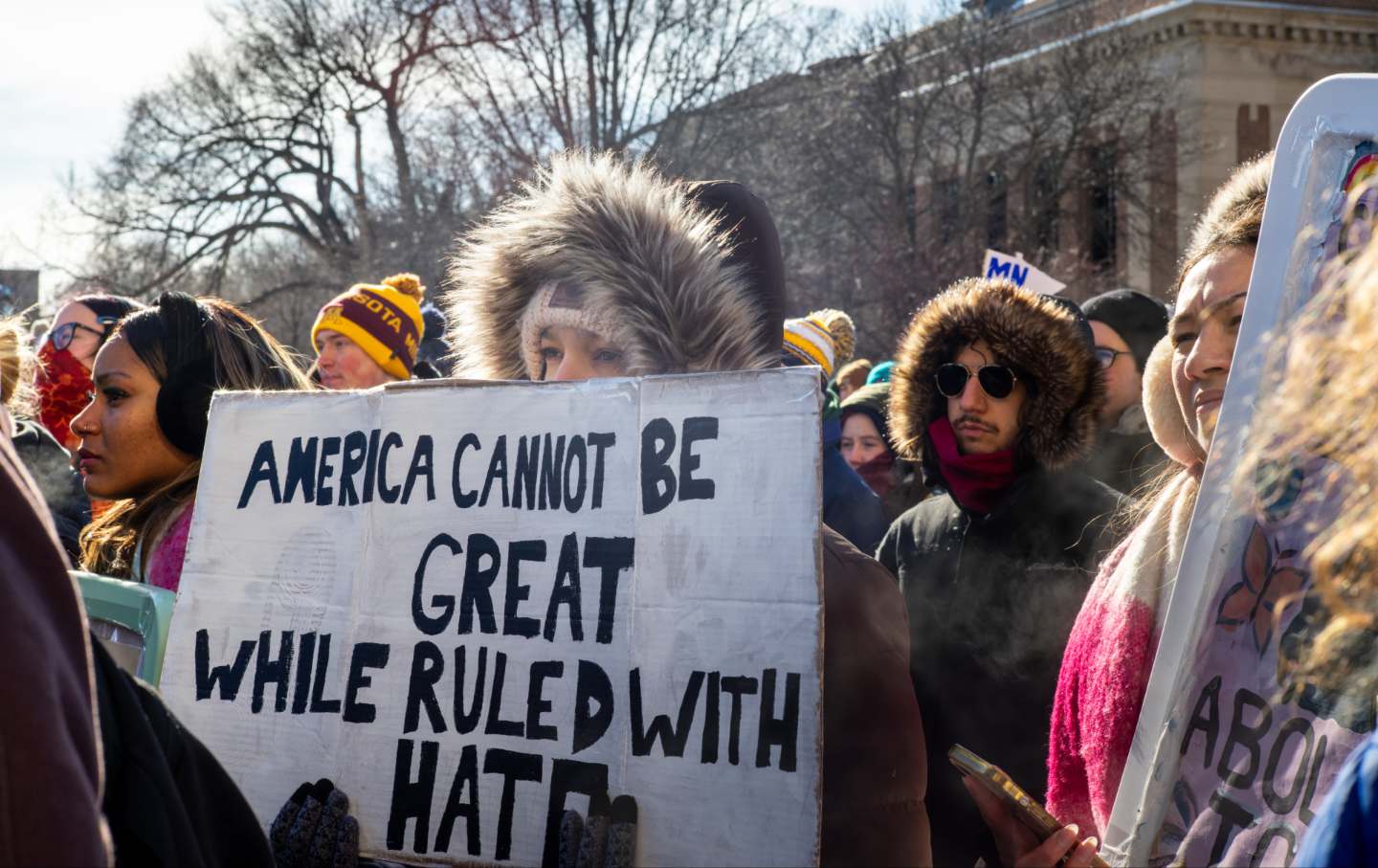
“The Nation” Nominates Minneapolis for the Nobel Peace Prize “The Nation” Nominates Minneapolis for the Nobel Peace Prize
With their resistance to violent authoritarianism, the people of Minneapolis have renewed the spirit of Dr. King’s call for “the positive affirmation of peace.”
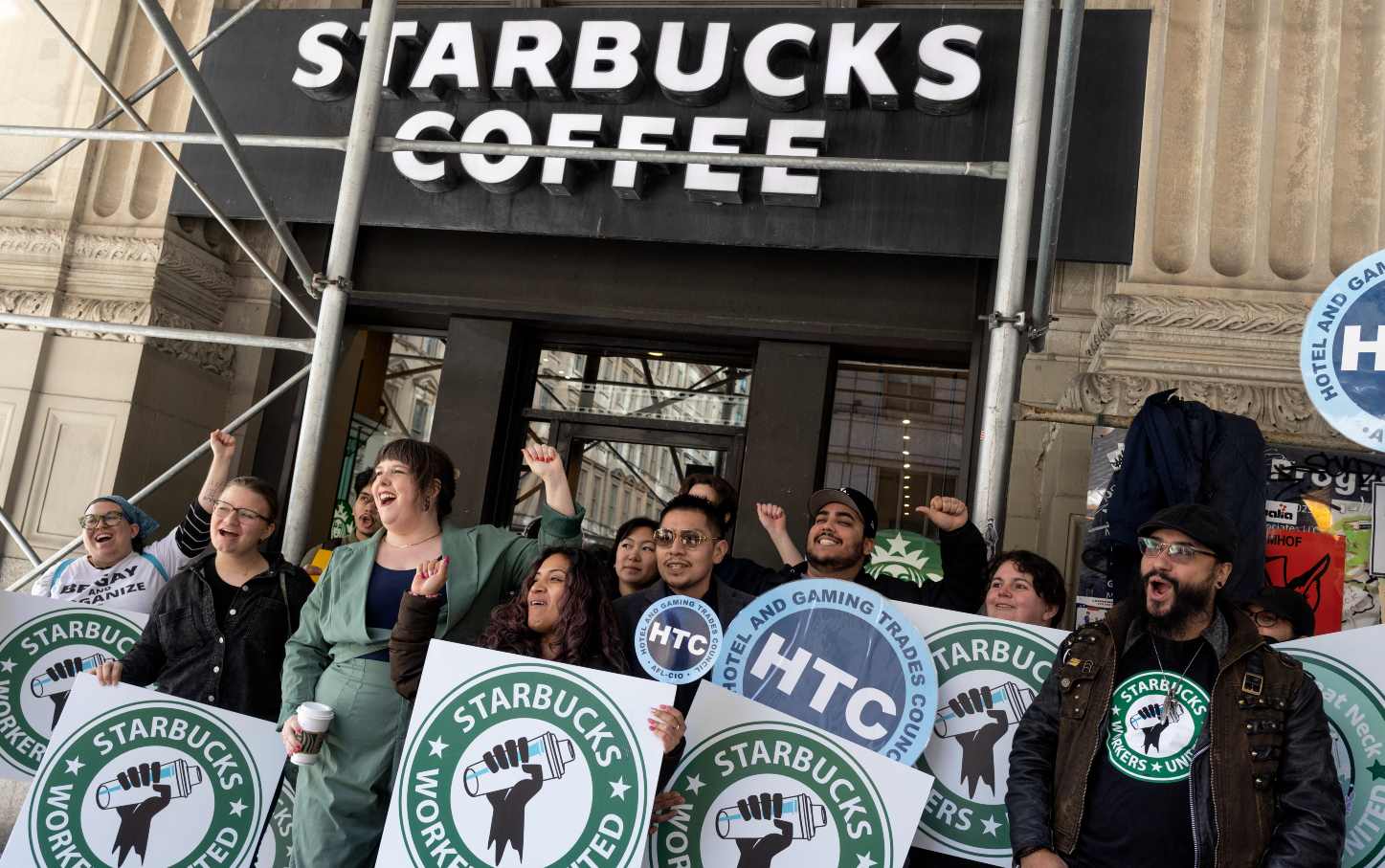
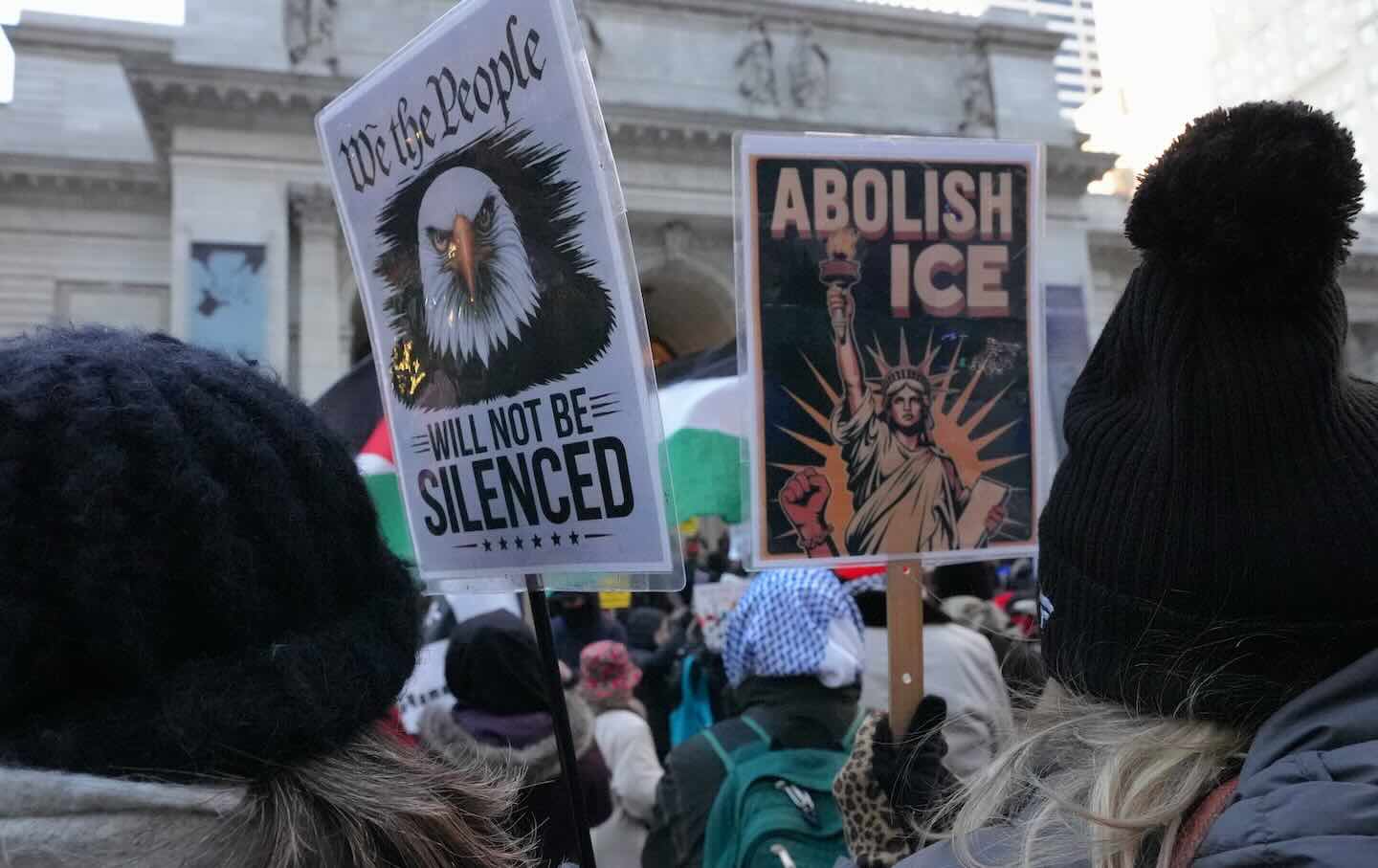
If Something Happens to Me: A Letter to My Daughter If Something Happens to Me: A Letter to My Daughter
I want you to know why I chose to keep fighting for the world you deserve.


